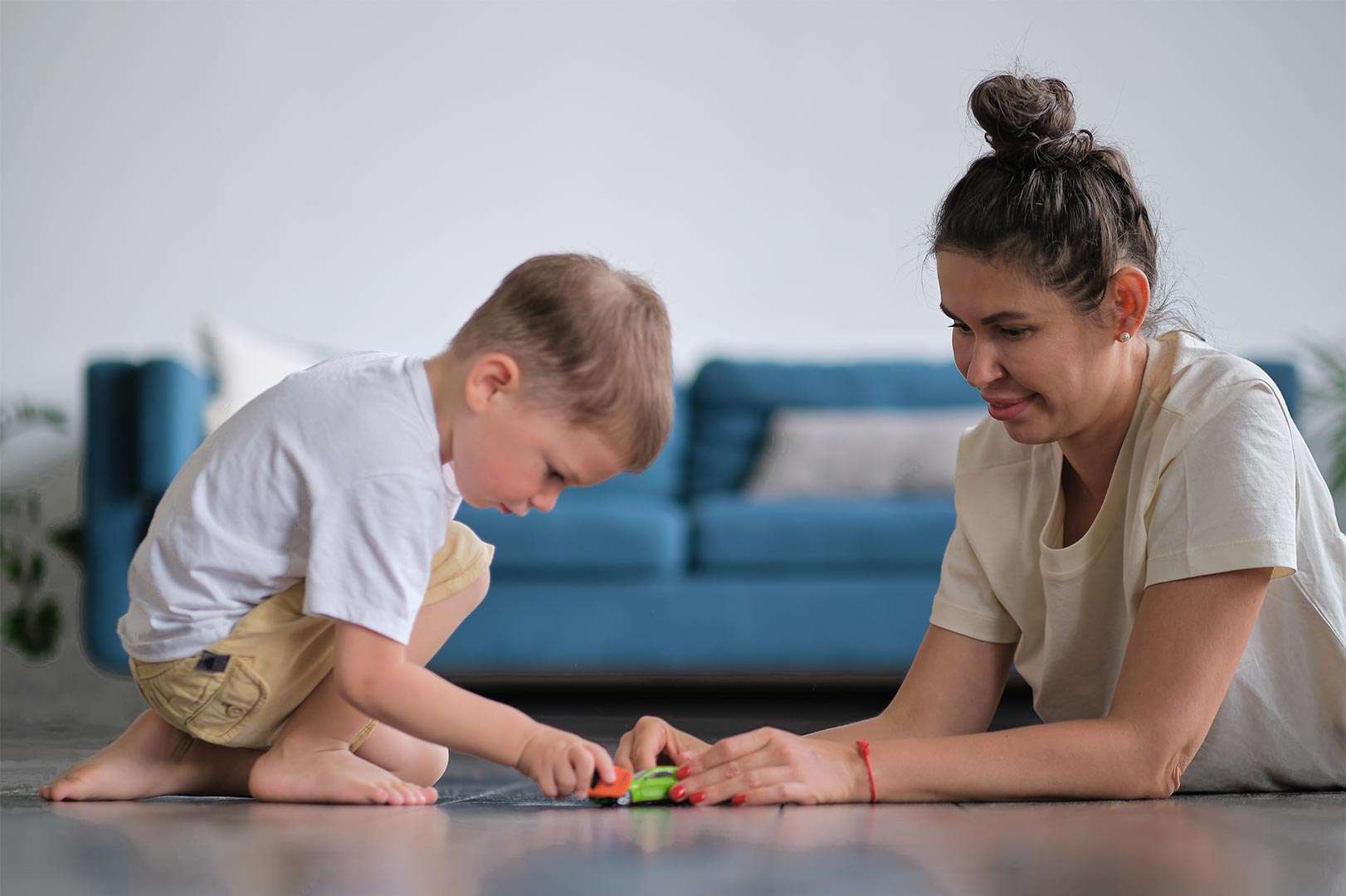Students with autism spectrum disorder (ASD) learn best in different ways than other students. They may need more support and structure in order to succeed in the classroom. Evidence-based strategies are teaching methods that have been shown to be effective for students with ASD.
5 Evidence-Based Strategies for Teaching Students with Autism
1. Applied Behavior Analysis (ABA)
ABA is an evidence-based practice that is used to teach new skills and reduce problem behaviors. ABA is based on the principle that behavior can be changed by understanding the antecedents (events that happen before the behavior) and consequences (events that happen after the behavior).
ABA can be used to teach a wide range of skills, including communication, social skills, academic skills, and self-care skills. It can also be used to reduce problem behaviors, such as tantrums, aggression, and self-injurious behavior.
2. Discrete Trial Training (DTT)
DTT is a type of ABA that is used to teach new skills. DTT involves breaking down a skill into smaller steps and teaching each step one at a time. The teacher then provides reinforcement (such as praise or a small treat) when the student performs the step correctly.
DTT is often used to teach communication skills, such as requesting items or following directions. It can also be used to teach academic skills, such as reading and math.
3. Natural Environment Training (NET)
NET is a type of ABA that is used to teach new skills in the student’s natural environment. This means that the skills are taught in the same places where the student will use them in everyday life. For example, a student might be taught how to ask for a bathroom break in the classroom, or how to order food at a restaurant.
NET is often used to teach social skills, such as greeting others or joining in activities. It can also be used to teach academic skills, such as reading signs or counting money.
4. Picture Exchange Communication System (PECS)
PECS is a communication system that uses pictures to help students communicate. PECS is often used with students who have limited or no verbal communication skills.
To use PECS, the student first chooses a picture of the item or activity they want. The student then gives the picture to the teacher or another person. The teacher or person then gives the student the item or activity they want.
PECS can be used to communicate a wide range of needs, including requests, questions, and comments. It can also be used to teach academic skills, such as identifying letters and numbers.
5. Social Skills Training
Social skills training is used to teach students how to interact with others in a socially appropriate way. Social skills training can include teaching students how to start and maintain conversations, how to resolve conflicts, and how to manage their emotions.
Social skills training can be taught in individual or group settings. It can be led by a teacher, therapist, or other professional.
Positive Behavior Support (PBS)
PBS is a framework for addressing problem behaviors. PBS focuses on preventing problem behaviors from happening in the first place, and on teaching students more appropriate ways to respond to their environment.
PBS can be used to address a wide range of problem behaviors, including tantrums, aggression, and self-injurious behavior. PBS is often used in conjunction with other evidence-based strategies, such as ABA and social skills training.
Evidence-based strategies can be very effective for teaching students with ASD. These strategies can help students to learn new skills, reduce problem behaviors, and succeed in school and in life.
Find out if your child needs extra support today!
- My child screams hysterically
- My child is mean to other children
- My child is always worried
- My child is scared to go to school
- My child is scared of loud noises
- My child doesn’t know how to read
- My child is scared to play outside
- My child does not respond to his name
- My child always gets in trouble
- My child fights with other children
- My child doesn’t know how to count
If you are concerned about your child’s development, contact us for Assessments: Phone/Telegram: 077.455.993 – Telegram Link: https://t.me/OrbRom
If you are concerned about your child’s development, contact us for Assessments.
Phone/Telegram: 077.455.993 Link: https://t.me/OrbRom






Leave A Comment